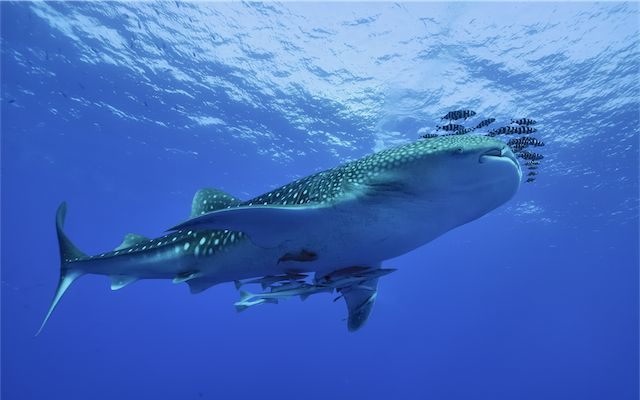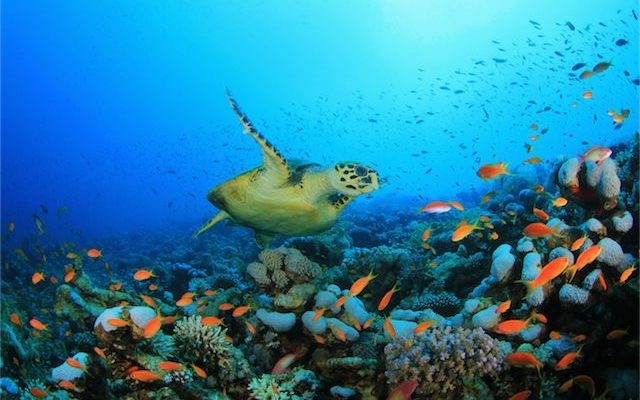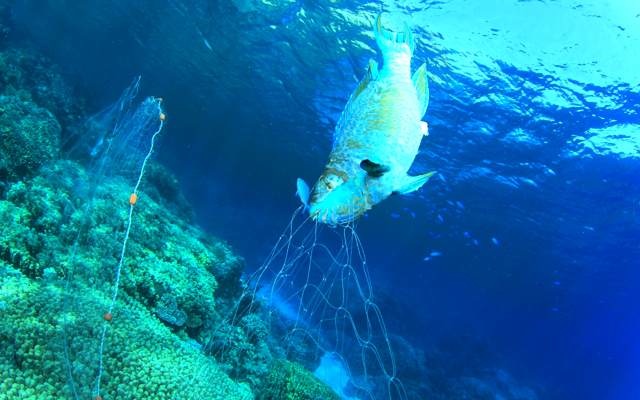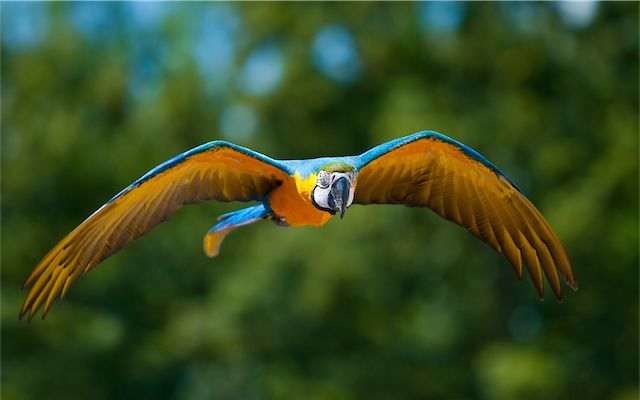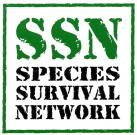Species Survival Network and CITES
SSN and ET
There are hundreds of nongovernmental and private groups working to help save endangered species in the world, and in many ways the most important forum is CITES – the Convention on the International Trade in Endangered Species. CITES is the world’s front-line treaty organization created to prevent species extinctions by placing controls and oversight on commerce based on the species affected.
The central importance of CITES means that it’s vital that the facts and strategy involved in bringing issues before CITES be scientifically credible and coordinated to succeed. People who know how CITES works – what makes a difference and what doesn’t – need to make sure that there’s an effective conservationist presence at the meetings to push back against forces wanting to de-list or prevent listing of threatened or endangered species. To take the information generated by groups around the world and plug it into CITES effectively
This means experts in international treaty and law who are deeply versed in the biological sciences and the real politics of species protection, in place to coordinate the global conservationist input and strategy to CITES.
EarthTrust co-founded Species Survival Network in 1992 to fill this crucial need, and has maintained a seat on the SSN Board of Directors continuously since that time to directly affect the global response to species extinctions.
The founding board member was Don White. ET’s Linda Paul has been the representative on the SSN board for the last 20 years, and has played a central role in the global fight on behalf of endangered species.
Linda is also co-chair of the SSN Fish Working Group. The SSN Fish Working Group encourages countries to propose for CITES listing fish that are being traded internationally at unsustainable levels. The Working Group offers countries technical expertise to assist in drafting proposals and provides briefing information to Parties in support. To date, the Working Group has successfully lobbied for the listing of the great white shark, whale shark, basking shark, Napoleon wrasse and seahorses on CITES Appendix II.
Linda’s very good, and she’s positioned to make a big difference, often limited only by modest funding requirements to enable new initiatives through CITES.
If you’d like to support saving endangered species, please consider supporting ET’s SSN initatives through this page. We have the experience, and are in position, to make a difference for endangered species. Join us.
The Species Survival Network (SSN), founded in 1992, is an international coalition of over 80 non-governmental organizations (NGOs) committed to the promotion, enhancement, and strict enforcement of the Convention on International Trade in Endangered Species of Wild Fauna and Flora (CITES). Through scientific and legal research, education and advocacy, the SSN is working to prevent over-exploitation of animals and plants due to international trade.
The trade in parrots for pets, alligator hide handbags, dried seahorse curios, elephant ivory, and ramin pool cues–just a few examples of the billion dollar international trade in wildlife and plants. Few people realize the scope and impact of this trade that has been responsible for the decline of wild populations of a number of species of animals and plants.
SSN believes that such trade can occur only when evidence positively demonstrates that survival of the species, subspecies or populations and their role in the ecosystems in which they occur will not be detrimentally affected by trade and when trade in live animals minimizes the risk of injury, damage to health or cruel treatment. The species must always receive the benefit of the doubt if available evidence is uncertain.
Criteria for sustainability
The CITES Parties have recognized, in Articles III and IV of the CITES Treaty, that international commercial trade in plants and animals must not be detrimental to the survival of species, or in other words, that it must be sustainable. Too often, use of a species is claimed to be sustainable in the absence of evidence to support this claim. Such evidence should be provided by those who wish to label a use “sustainable”. SSN has developed the following criteria to assist Parties when assessing the sustainability of trade in wild fauna and flora. Proposals to remove or reduce the level of protection afforded, or to start or increase international commercial trade in, a species should meet all of the following criteria:[1]
- Information is collected
- A science-based management system is in place
- The Precautionary Principle is applied
- Government policies, laws and institutions are in place
- People living in the vicinity of the used population are empowered and experience benefits
- Economic sustainability is demonstrated
- Long-term conservation benefits are demonstrated
- The use is compatible with other uses of the species and is not detrimental to other species
- Animals are protected from cruelty and suffering, and incidental mortality is avoided

